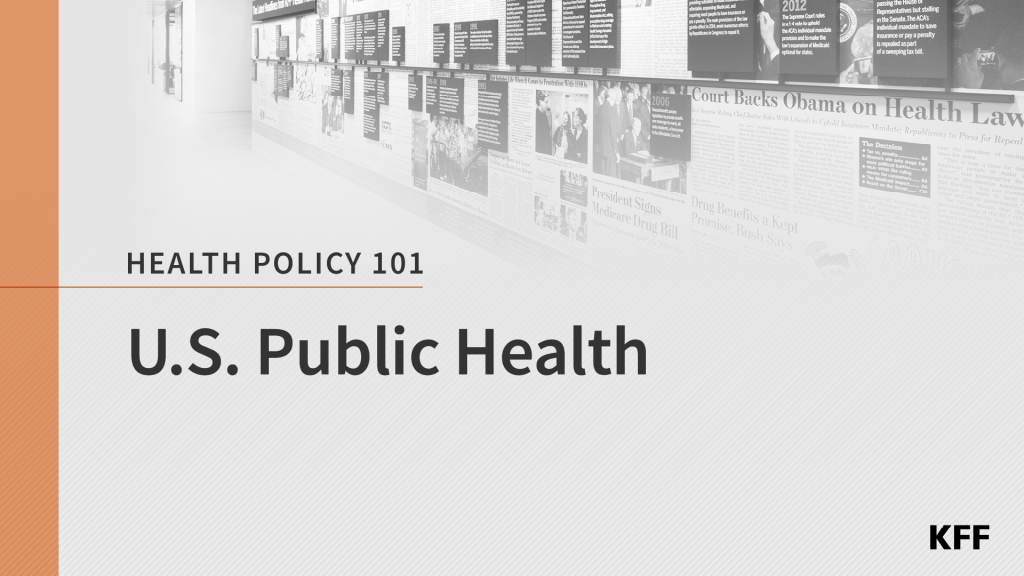KFF Analysis Finds 1 in 4 Workers Are Potentially Ineligible for Emergency Paid Sick Leave Benefits
69.4 million adult American workers – approximately four in 10 – are potentially ineligible for emergency paid sick leave benefits. Approximately 25% of those workers (17.7 million workers) are in the health care industry. Seventy-five percent of excluded or exempted workers are women.
